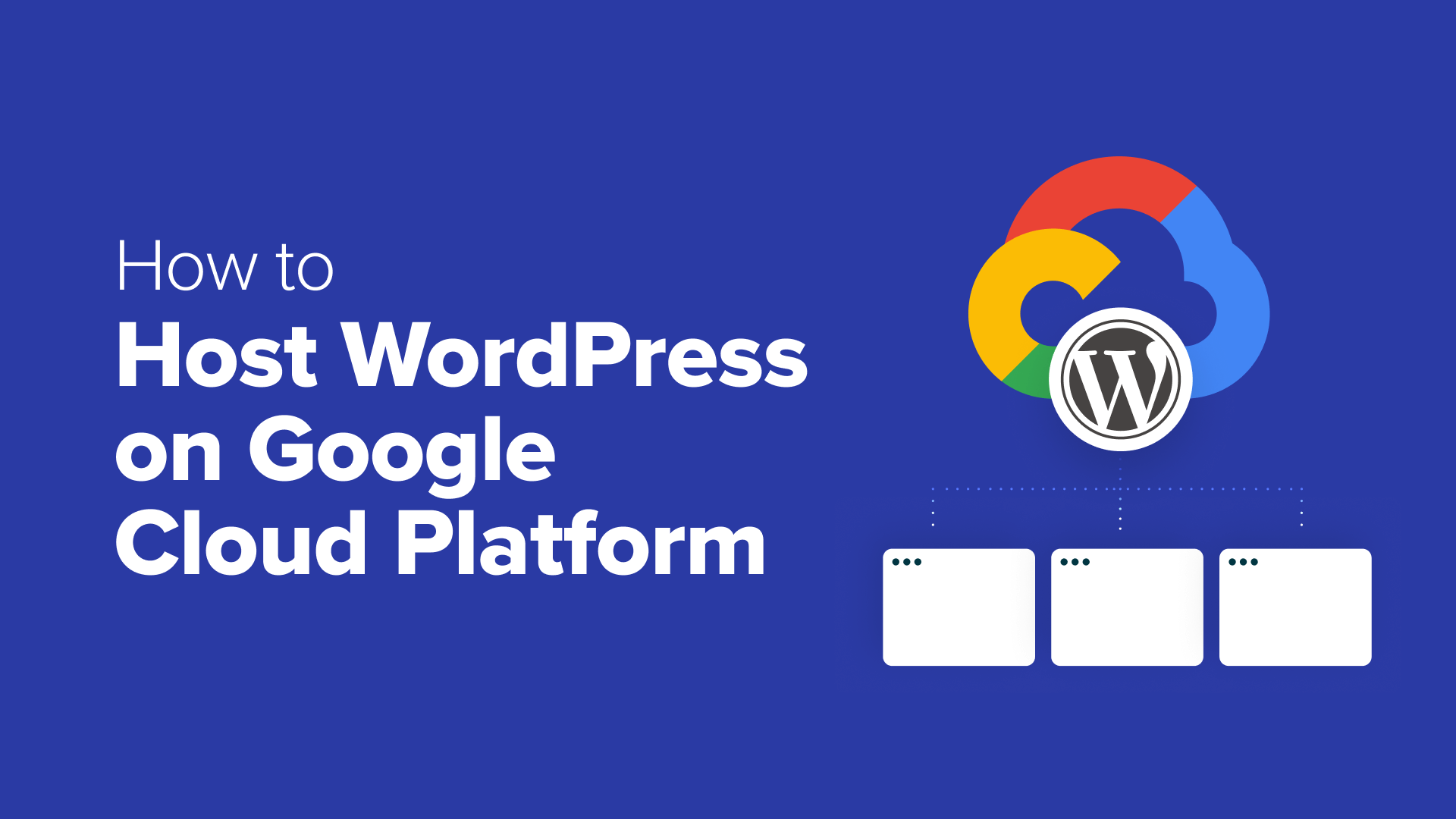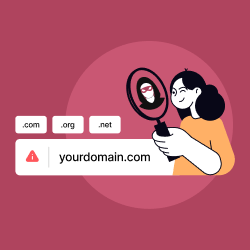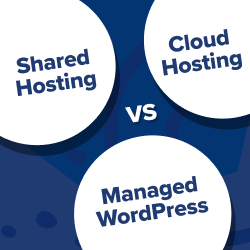Learn the Ins and Outs of WordPress from the Real WordPress Experts


How to Host WordPress on Google Cloud Platform (3 Ways)

6 Common Domain Name Scams to Avoid (& How to Spot Them)

WPBeginner Spotlight 12: New Tools for SEO, Privacy, and WooCommerce Performance

How to Add WordPress Analytics Without Cookies (2 Easy Methods)

6 Best RingCentral Alternatives & How They Compare (2025)

Sydney Review: Right Multipurpose WordPress Theme for You?

Shared Hosting vs. Cloud Hosting vs. Managed WordPress – What’s the Difference?

Find a topic by its first letter

-
 Created by true WordPress practitioners, like programmers, designers and marketers with 16+ years of experience.
Created by true WordPress practitioners, like programmers, designers and marketers with 16+ years of experience. -
 Fact-checked and reviewed by our editorial team. All products are fully tested with hands-on experience by our WordPress experts.
Fact-checked and reviewed by our editorial team. All products are fully tested with hands-on experience by our WordPress experts. -
 Content is regularly monitored and updated to reflect the latest WordPress information and technology standards.
Content is regularly monitored and updated to reflect the latest WordPress information and technology standards.
Our content is designed to help you make your WordPress site better.
Read about our process





- 30 “Proven” Ways to Make Money Online Blogging with WordPress
- How Much Does It Really Cost to Build a WordPress Website?
- Free Recording: WordPress Workshop for Beginners
- Which is the Best WordPress Popup Plugin? (Comparison)
- 5 Best WordPress Ecommerce Plugins Compared
- How to Create an Email Newsletter the RIGHT WAY (Step by Step)
- How to Properly Move Your Blog from WordPress.com to WordPress.org
- How to Properly Move WordPress to a New Domain Without Losing SEO
- How to Switch from Blogger to WordPress without Losing Rankings
- How to Properly Switch From Wix to WordPress (Step by Step)
- How to Properly Move from Squarespace to WordPress
- How to Move WordPress to a New Host or Server With No Downtime
- Best WooCommerce Hosting (Comparison)
- The Truth About Shared WordPress Web Hosting
- When Do You Really Need Managed WordPress Hosting?
- HostGator Review – An Honest Look at Speed & Uptime
- SiteGround Reviews from 4,975 Users & Our Experts
- Bluehost Review from Real Users + Performance Stats
- Why You Should Start Building an Email List Right Away
- Why is WordPress Free? What are the Costs? What is the Catch?
- What’s the Difference Between Domain Name and Web Hosting (Explained)
- WordPress.com vs WordPress.org – Which is Better? (Comparison Chart)
- How to Properly Move WordPress from HTTP to HTTPS (Beginner’s Guide)
- How to Code a Website (Complete Beginner’s Guide)
























